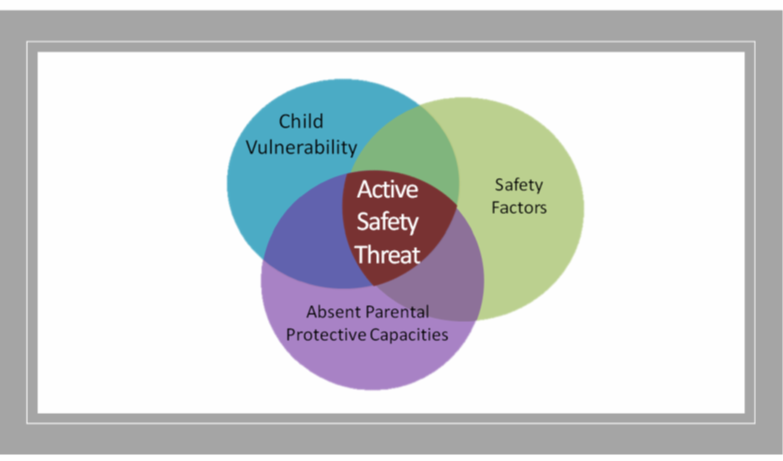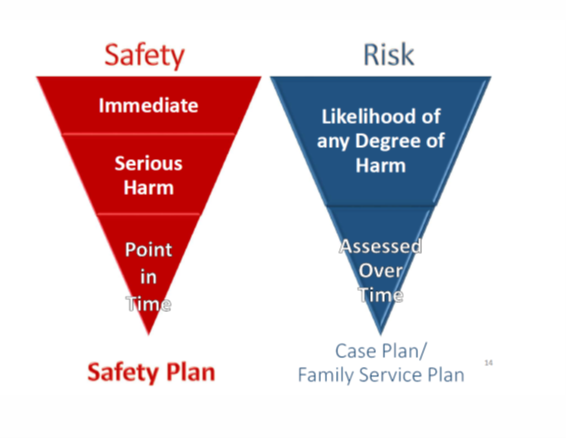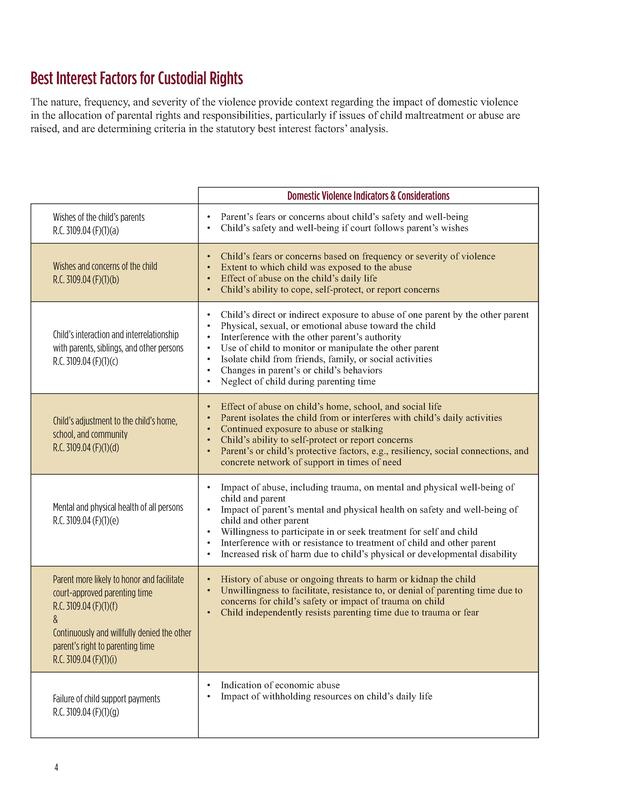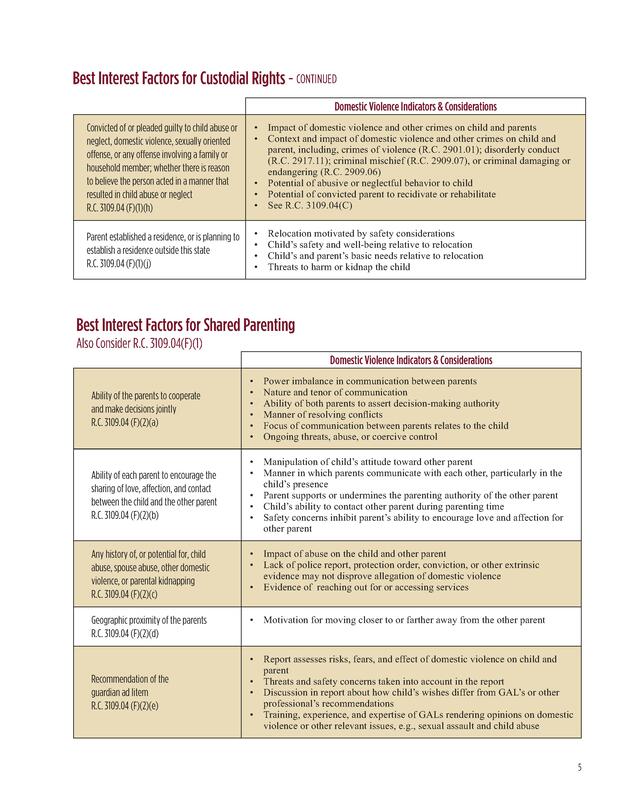|
JFS contacted you that they would like you to agree to a Safety Plan. What should I do? THERE ARE THREE TYPES OF SAFETY PLANS: Voluntary In-Home: This is implemented on the JFS 01409 CAPMIS Safety Plan. Voluntary Out-Of-Home: This is implemented on the JFS 01409 CAPMIS Safety Plan. Legally Authorized Out-Of-Home: This child is legally removed from the home and temporary custody is given to the PCSA or relative/kin. The JFS 01409 Safety Plan is not required to be completed. The court complaint and motions will provide the justification of how this safety response will immediately protect the child. Although not the intent, these safety plans could go on for years, with little third party oversite. The benefits of agreeing to a safety plan is to avoid JFS taking custody of the child/dren. This is a reasonable effort that JFS must attempt prior to filing for custody. However, for JFS to gain custody they would first need to prove that the child would be at risk of harm if JFS did not step in and take custody. If they can't meet the burden, than their motion will be denied. SHOULD YOU COOPERATE WITH JFS? It depends on the circumstances. If the allegation involves significant harm to your child yes. However, cooperation is voluntary, but they could argue that your failure to cooperate showed a lack of protective capacity. If you ask that JFS speak to you only with your attorney present, they will cease any further communication, but they could also choose to seek legal custody. If JFS has not taken legal action, they will not appoint you an attorney or a Guardian ad Litem for the child. A SAFETY PLAN IS VOLUNTARY You can discontinue the safety plan at any time. You may change placement providers or ask that the safety plan be terminated. The agency may or may not file for custody if the determine the risk still exists. WHAT TO EXPECT ON A SAFETY PLAN There will be certain rules in place, depending on whether the safety plan is an in or out of home plan. This may require supervision of persons with the children. They will ask you for names of persons who could be listed on the safety plan. More than one person may be named as safety plan providers. They may ask you to participate in assessments and follow those recommendations. This is part of a case plan. You should make sure you understand what is expected to terminate the safety plan. JFS cannot supervise visits, so if supervised visits are required, they will need to be conducted by the safety plan provider or other approved persons. SHOULD I BE A SAFETY PLAN PROVIDER? If you choose to be a safety plan provider, make sure you and the parents under stand the rules. Failure to comply with the safety plan could prevent you from continuing as a placement provider if JFS seeks custody.
0 Comments
Domestic Violence does not automatically foreclose a parent from visitation, custody or shared parenting. The Court must still assess what is in the best interest of a child weighing safety issues with the rights of parents and a child regarding the parent child relationship.
A parent making false allegations regarding domestic violence could also hinder a custody case, and could result in the loss of custody and/or visitation. When there is domestic violence, the Juvenile Court has limited resources regarding supervised visits, and rarely is supervised visitation or the termination of visitation a final order of the Court. In Hamilton County, the Court can refer a parent to the Children's Home for up to six visits of supervision. The Court will be provided notes of the visits and can use that as part of their basis of their decision regarding visits. The cost of is $200 an hour, but depending on the parents income, parents could qualify for a scholarship. Often when supervised visits is requested, the requesting parent will need to supervise or find a third party willing to do the supervision. This may not be viable long term option. However, the First District Court of Appeals recently ruled that in limited circumstances, the Court could terminate visitation. The Court stated that "a noncustodial parent’s right of visitation with his or her children is a natural right and should be denied only under extraordinary circumstances. Extraordinary circumstances include unfitness of the noncustodial parent or a showing that visitation with the child would cause harm. Guliano v. Guliano, 11th Dist. Trumbull No. 2010-T-0031, 2011-Ohio-6853, ¶ 54. “If there is clear and convincing evidence that visitation presents a significant risk of serious emotional or physical harm to the child, or a showing of some justification for preventing visitation, the court may deny visitation.” Linde v. Linde, 1st Dist. Hamilton No. C-940944, 1996 WL 97563, *5 (Mar. 6, 1996)." Crystal Baker v. Anthony Edwards C190686. When deciding custody and visitation issues when there is domestic violence, the Court will make a determination of what is in the best interest of the child. The Ohio Supreme Court has provided guidance on what the Court should be considering. |
Archives
February 2024
Categories
All
|

 RSS Feed
RSS Feed




